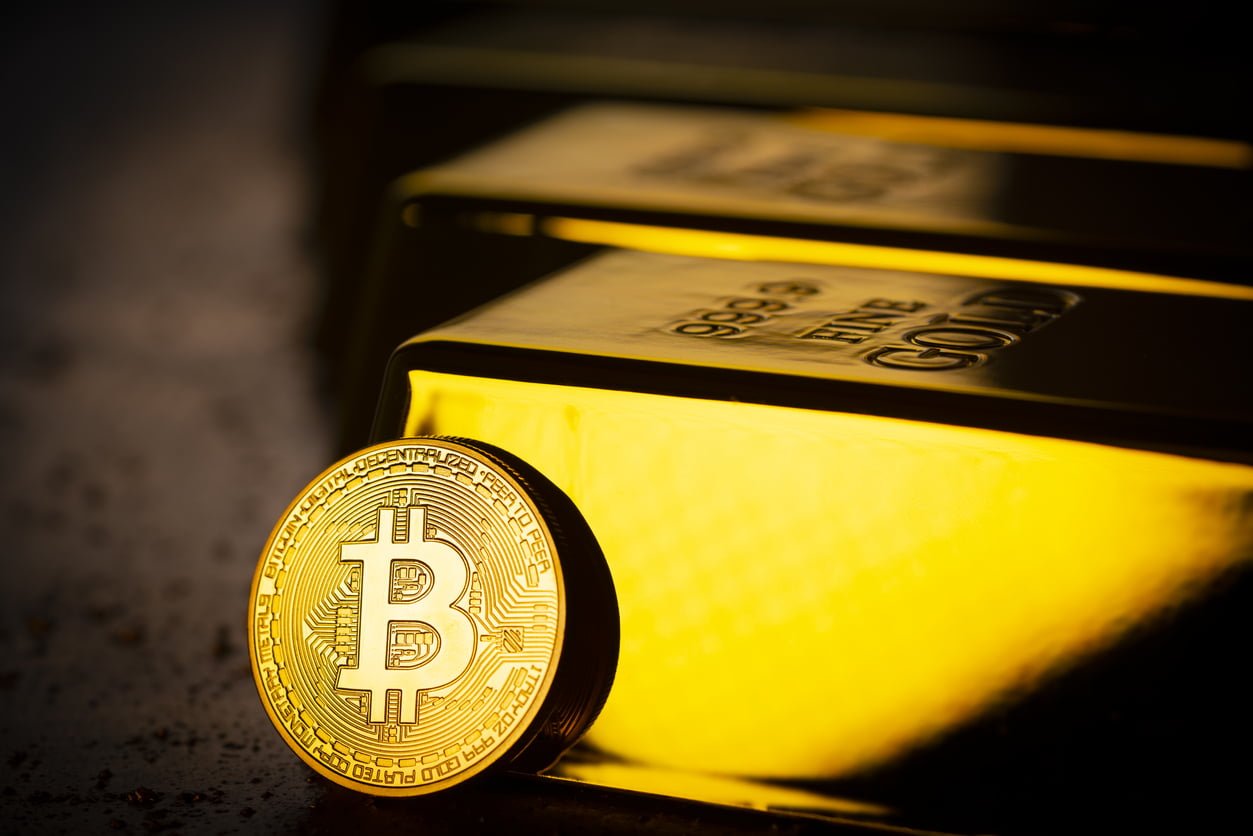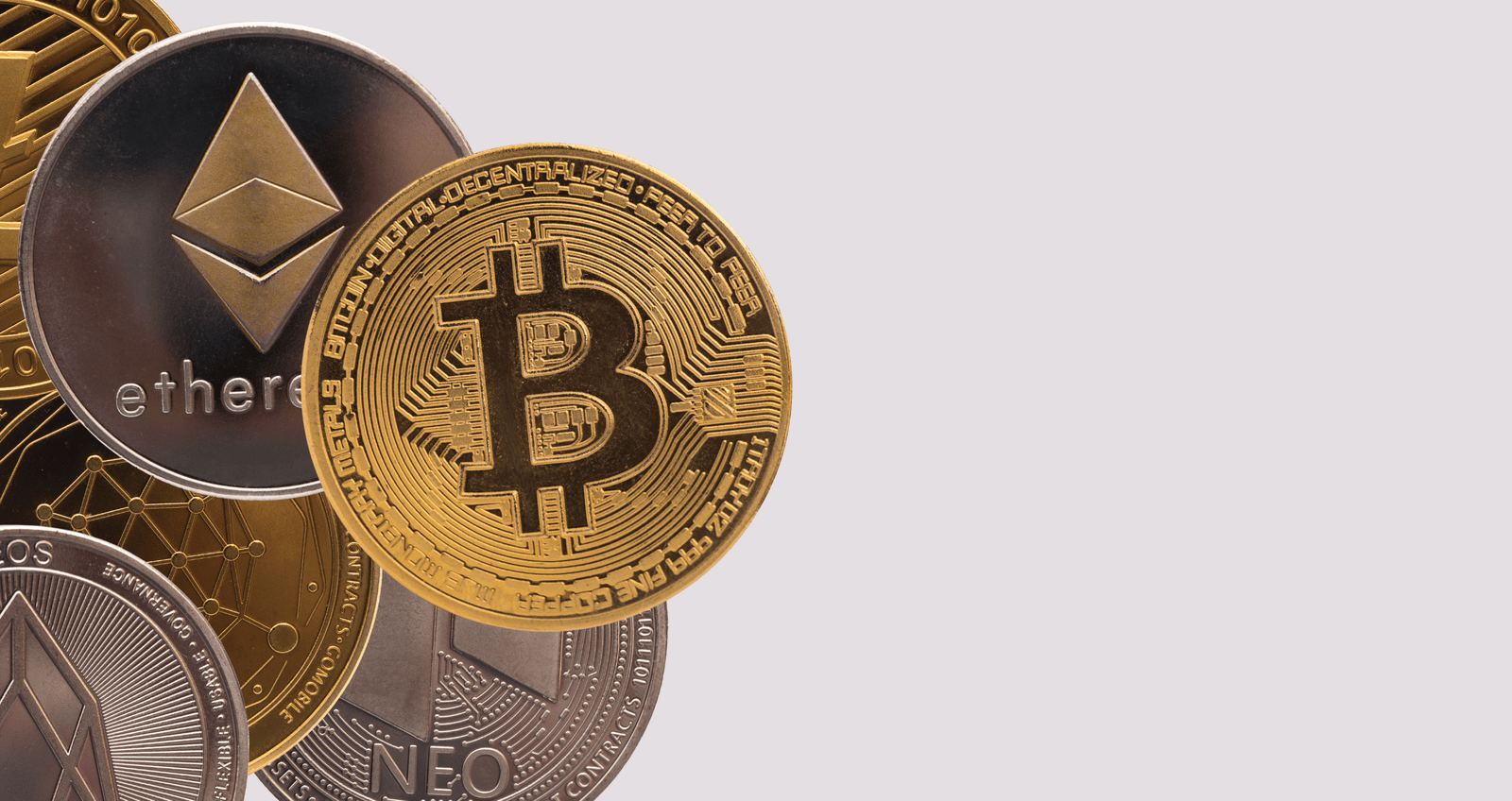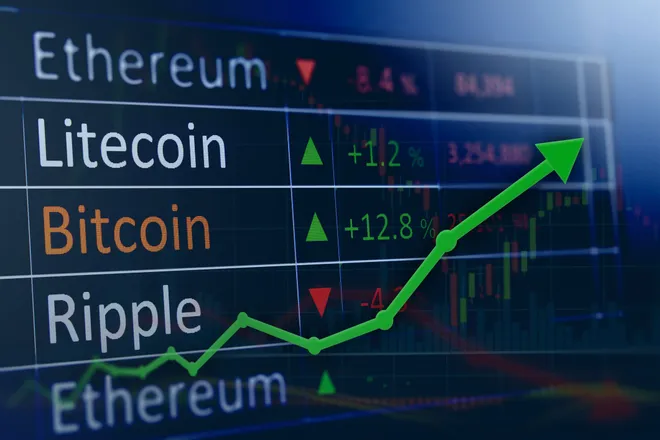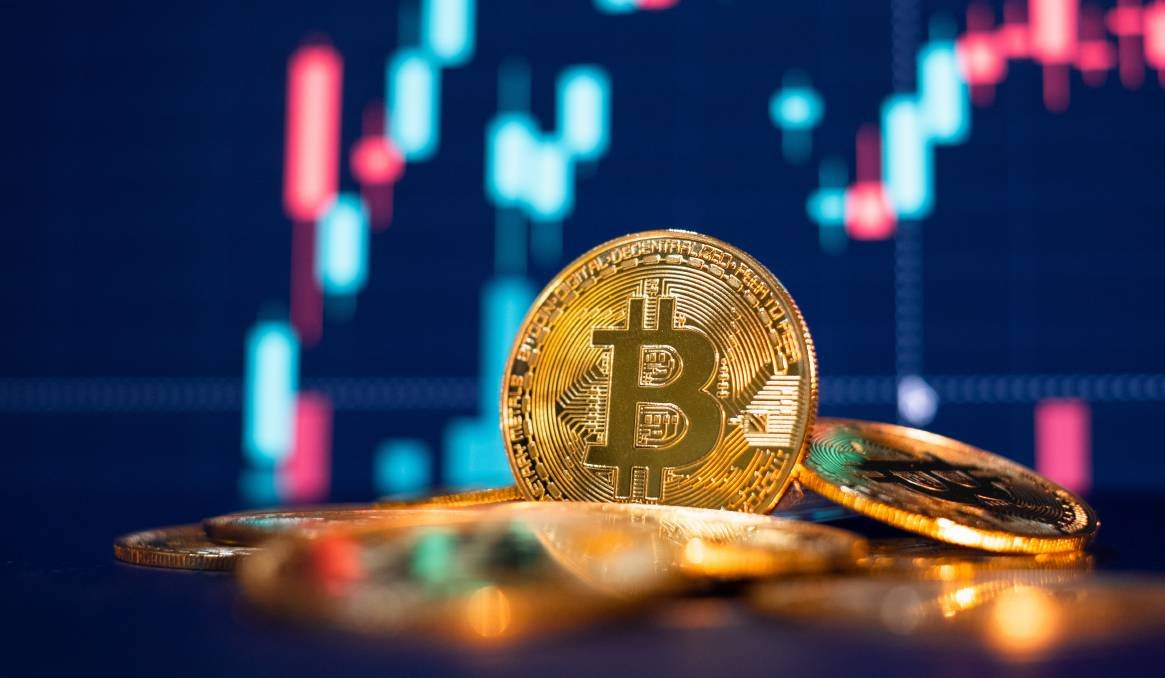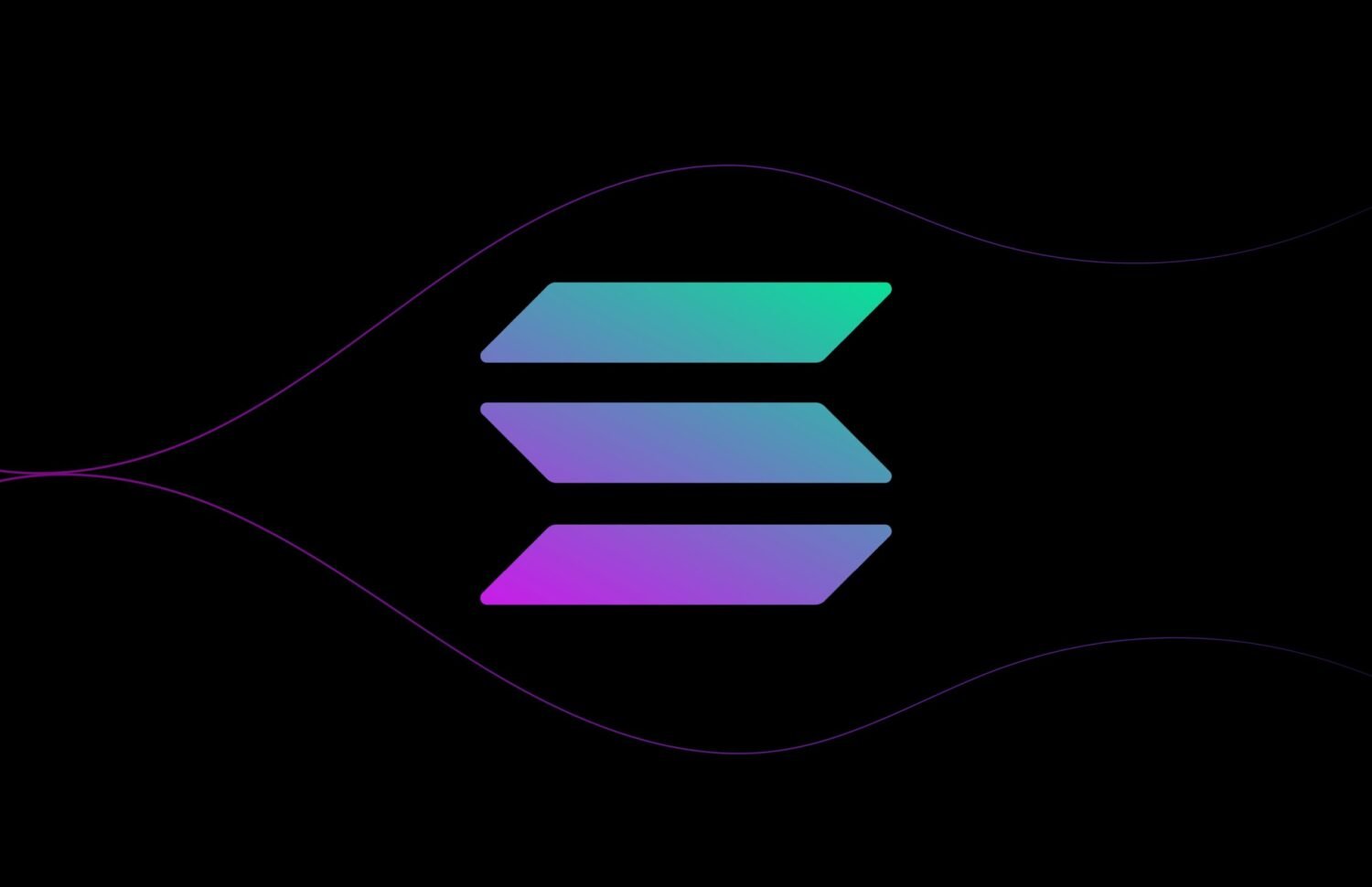In a surprising turn of events, Bitcoin (CRYPTO: BTC) has surpassed the market capitalization of Berkshire Hathaway (NYSE: BRK-B), prompting discussions about the digital asset’s resilience and potential. This development comes despite notable criticism from investment moguls Warren Buffett and Charlie Munger, who famously referred to Bitcoin as “rat poison” and “rat poison squared,” respectively.
As of the latest data, Bitcoin’s market cap stands at a robust $813.9 billion, outpacing Berkshire Hathaway’s reported $778.1 billion. John Deaton, founder of CryptoLaw, humorously remarked on social media, “That’s a pretty damn big bottle of rat poison.”
Bitcoin, often considered the flagship digital token, is on the verge of breaching the $1 trillion market cap mark, a milestone it previously reached in February 2021 when prices peaked at $53,700.
However, despite this impressive feat, Bitcoin still lags behind traditional assets like gold and silver, with market caps of $13.9 trillion and $1.43 trillion, respectively. Additionally, technology giants Apple (NASDAQ: AAPL) and Microsoft (NYSE: MSFT) maintain a significant lead over Bitcoin, based on CompaniesMarketCap data.
Recent market dynamics have seen Bitcoin’s resurgence beyond the $40,000 mark, resulting in the liquidation of more than $184 million in short derivatives positions within the last 24 hours, according to CoinGlass data.
Buffett, a longstanding critic of Bitcoin, has maintained his skeptical stance, declaring in 2018 that Bitcoin is “probably rat poison squared.” He argues that it lacks productivity compared to tangible assets like land or corporate shares and anticipates a “bad ending” for the crypto community once the initial euphoria wears off.
Munger, echoing Buffett’s sentiments, described Bitcoin as “rat poison” at Berkshire’s 2018 annual meeting, equating it to trading turds and cautioning against being swayed by the fear of missing out.
Despite the skepticism from these seasoned investors, Bitcoin has demonstrated resilience in the past year, boasting a 142% surge in prices compared to Berkshire’s 15% gains in the stock market. Even as Bitcoin remains 39% below its November 2021 highs, its growing market cap signals a significant shift in the financial landscape and challenges traditional perceptions of value.
